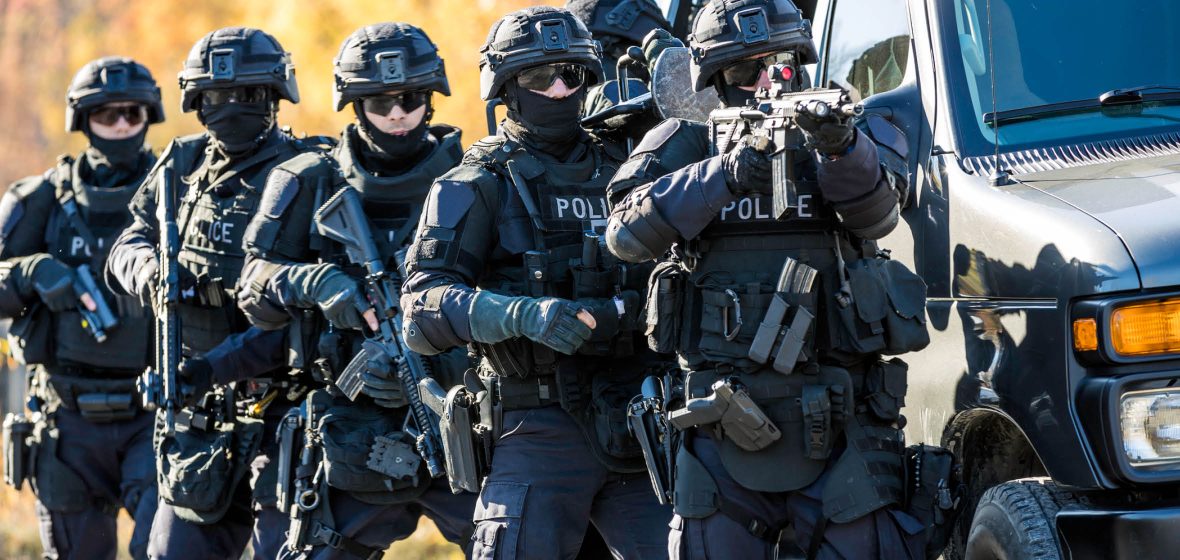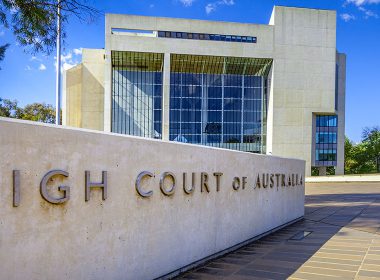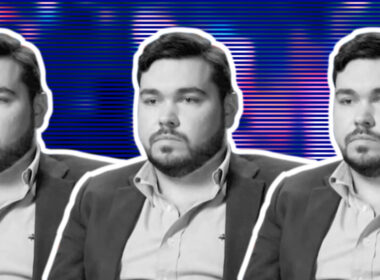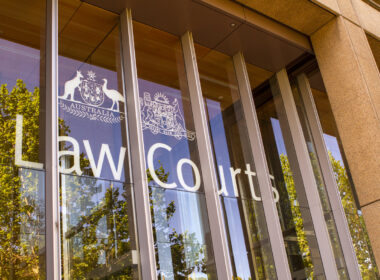There is a fable that says if you drop a frog into boiling water, it will realise it is in danger and jump out. But if you put the frog into cool water and heat the water up gradually, it may stay there until it is boiled alive. Is there a danger that the growing body of anti-terrorism laws in Australia could boil our freedoms away?
Mass surveillance, presumption against bail and parole, detaining 10 year olds without charge for up to two weeks. Is this what constitutes the “new normal” for free nations fighting terrorism in the 21st century?
Whether normal or not, these are some of the measures the Australian government is planning to employ to protect its citizens from the threat of extremist violence in years to come. The measures were agreed upon by heads of each state government when they met with the Prime Minister, Malcolm Turnbull, in October at a special counter-terror meeting of the Council of Australian Governments (COAG). The leaders agreed to standardise pre-charge detention arrangements for terror suspects, to nationalise a presumption against bail and parole, to create new offences dealing with terrorism hoaxes and instructional material, and to set up a national facial recognition database with photo identification from driver’s licenses.
“We have to recalibrate away from some traditional civil liberties and some rights of privacy to protect the rights of the public,” NSW Attorney-General Mark Speakman told Sky News on 4 October.
Victorian Premier Daniel Andrews went even further in his comments on ABC’s Insiders on 8 October. Andrews derided civil liberties as a “luxury”, arguing that such “notional considerations” will not protect Australians from “the very real threat of terror in our country”.




